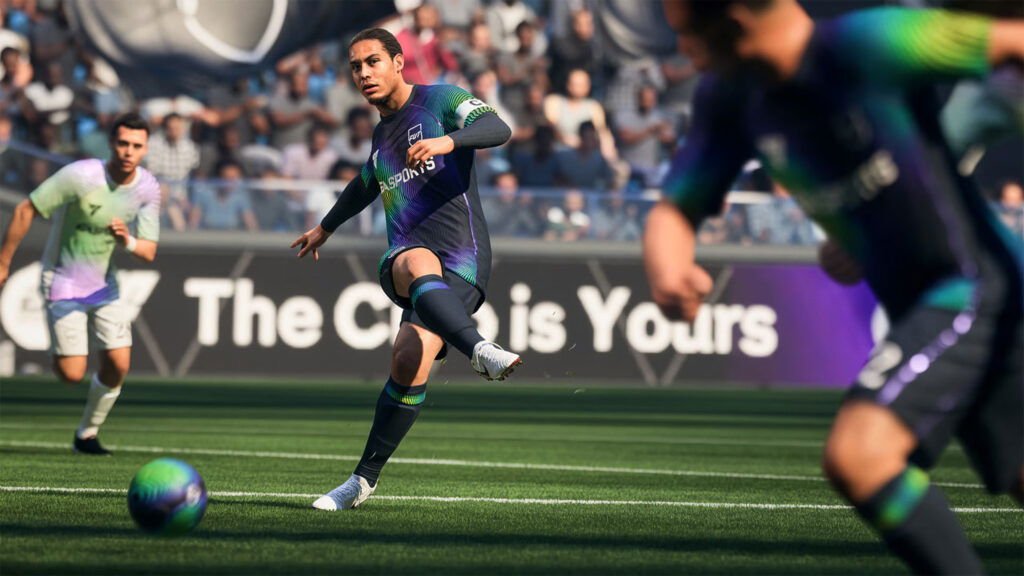Electronic Arts (EA) has been the powerhouse behind Madden NFL, EA Sports FC, and College Football. But reportedly (via WSJ), it seems the company is on the brink of a staggering $50 billion buyout. Investors include Silver Lake, Saudi Arabia’s PIF, and Jared Kushner’s Affinity Partners.
If this buyout actually materializes, it would be the largest leveraged buyout in history. Gamers everywhere are buzzing, not just about the sheer scale of the deal, but what it could mean for microtransactions, game quality, and the future of their favorite franchises.
EA’s $50 Billion Buyout: What Gamers Stand to Gain or Lose
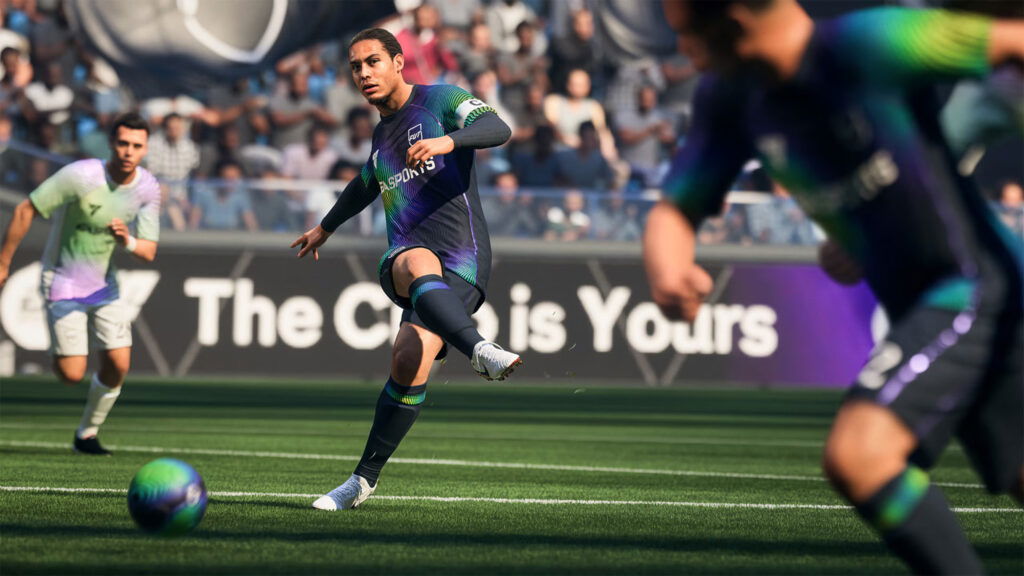
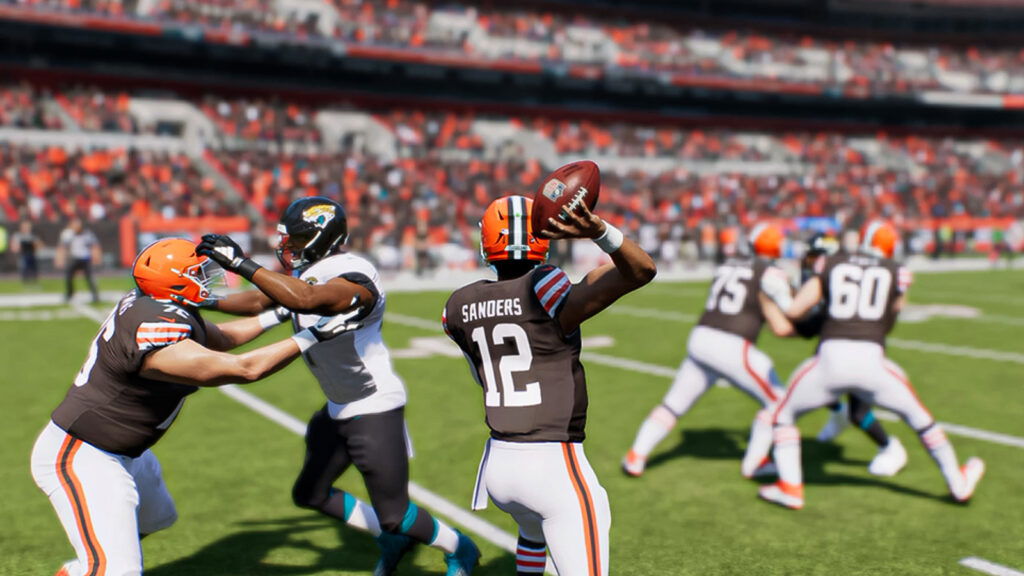
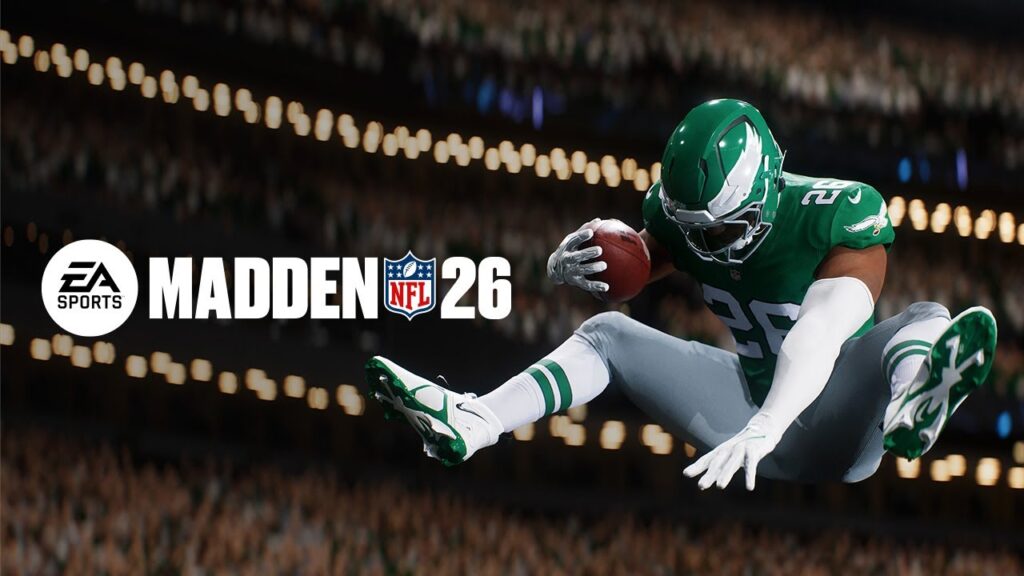
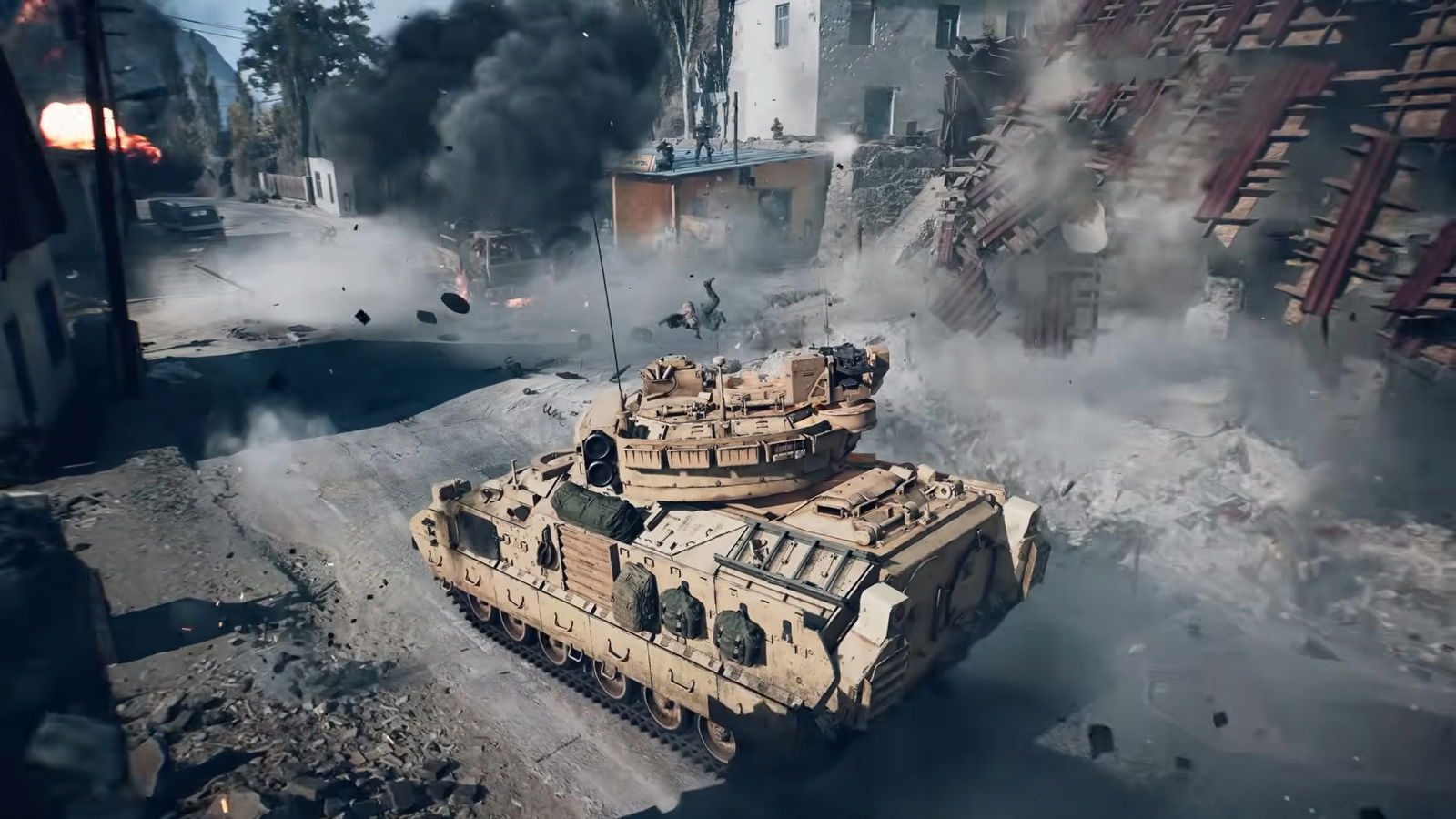
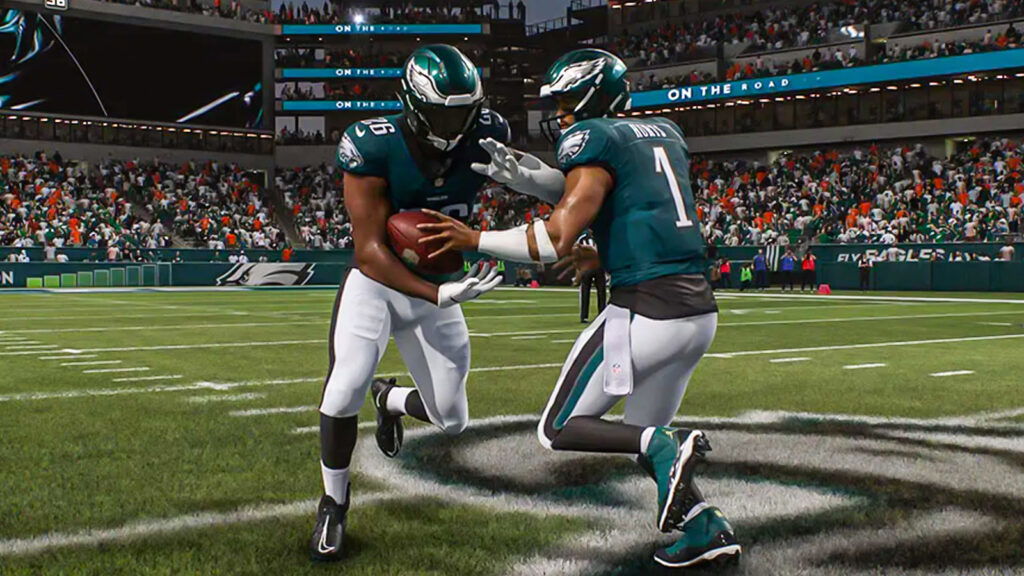
While the EA buyout is still unconfirmed, the change at the top can be a double-edged sword. On the bright side, going private could give EA the freedom to rethink some of its most hated practices; yes, we mean microtransactions.
Gamers have long looked at EA games and knew they would be filled to the brim with microtransactions. You can “pay your way to victory” in nearly every title. So, maybe new owners might dial back the aggressive monetization (fingers crossed) and focus on fairer gameplay.
But it’s not always sunshine. Private equity firms like Silver Lake are famously profit-driven, and Saudi PIF’s growing influence raises questions about corporate priorities and their cultural influences.
There’s always a chance that new strategies could make things worse (hard to imagine, but always possible) with more restrictions, more monetization, or unexpected surprises in the games you love. Basically, the buyout could be a win or another headache for EA fans.
EA’s Buyout and Its Ripple Effects on the Gaming Industry
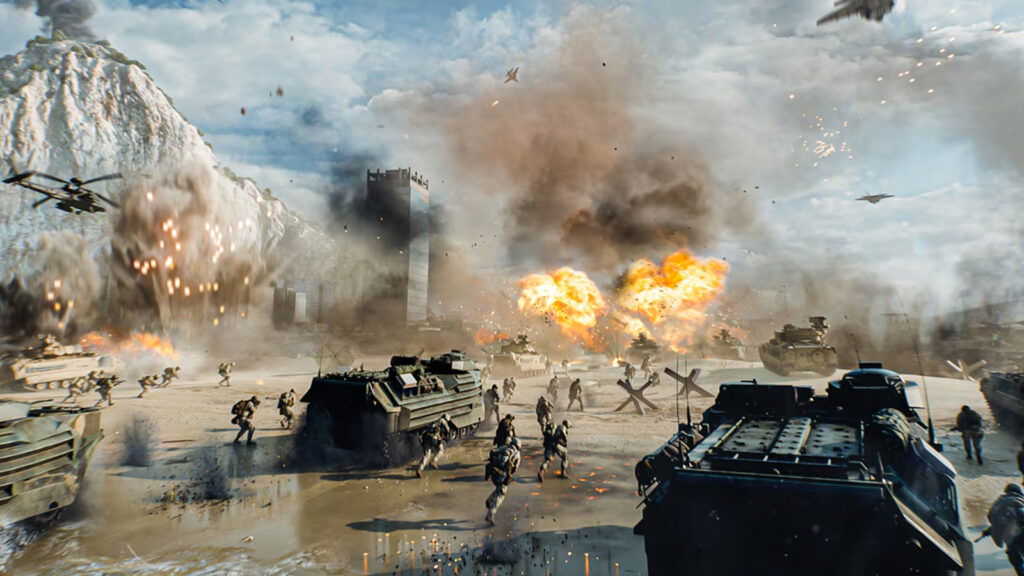
EA’s reported buyout isn’t just a big deal for gamers. As one of the biggest and most popular players in the gaming world, its move to go private has the potential to send ripples across the entire industry.
Another thing to note in this buyout is the involvement of Saudi PIF, which already owns 10% of EA. It also holds stakes in Nintendo, Activision Blizzard, Capcom, Nexon, Take-Two, and SNK, and funds major esports events like EVO.
Their growing presence shows that global investors see gaming as a serious financial powerhouse, not just entertainment (even though they want to be involved in every major area).
But, privatizing a giant like EA could begin to influence how other publishers balance profits and player experience, potentially setting a stage for more mega-deals in the gaming industry.
Whether this will lead to innovation, more corporate consolidation, or new business models, the deal highlights just how much the industry is changing. And how gamers might feel those changes in every title they play, with more or fewer microtransactions and maybe even a touch of cultural influence.
Will this $50B buyout change the way we play, or just the way we pay? Let us know in the comments below.

